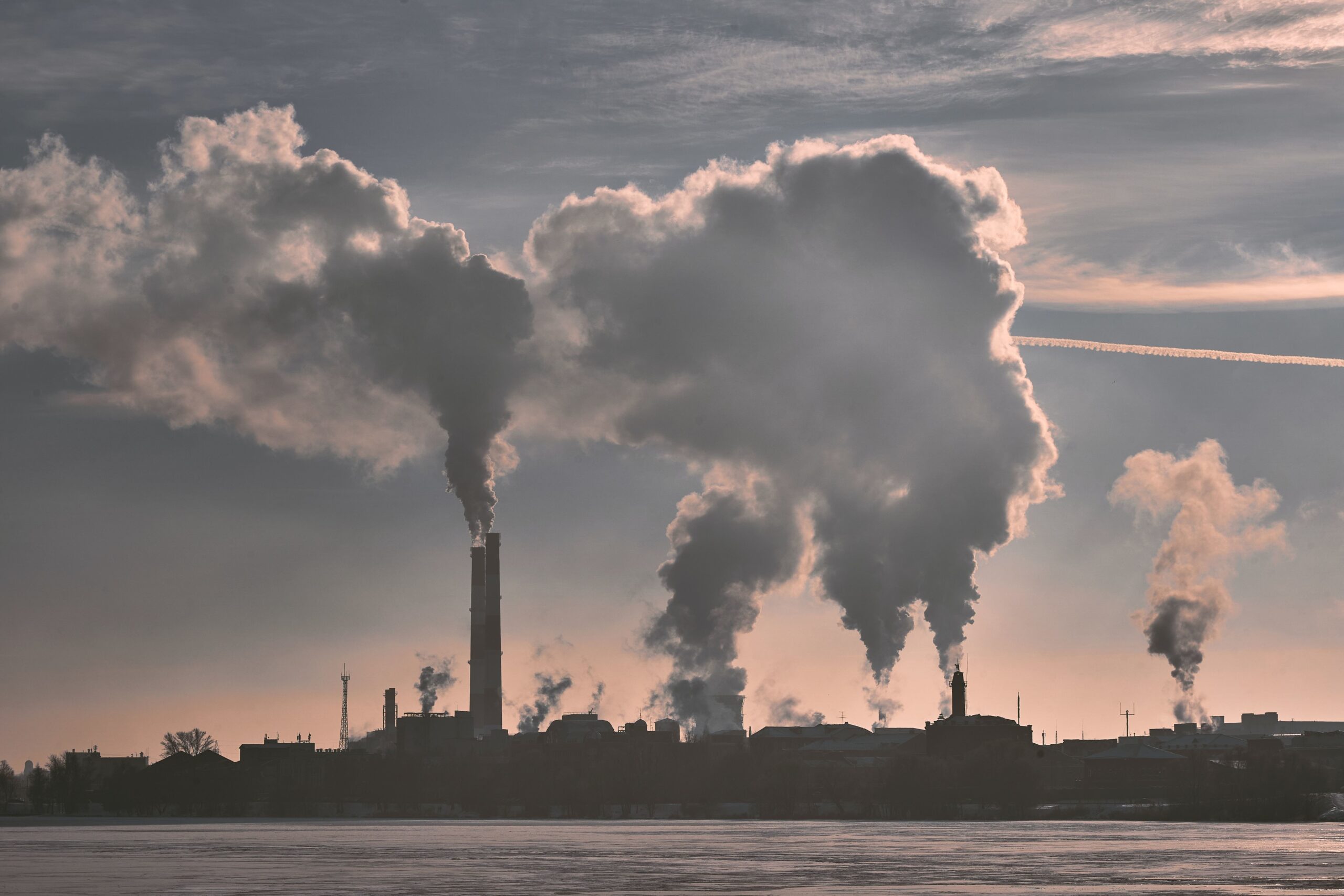Lahore Emerges as the World’s Most Polluted City, Urging Action on Smog Crisis
Lahore, the capital of Punjab, has been ranked the most polluted city globally, according to data released by IQAir on Tuesday.
This alarming designation has compelled provincial authorities to take immediate action to combat the worsening smog crisis.

The recent statistics show that Lahore’s air quality index (AQI) has soared beyond 400 US AQI, categorizing it as hazardous—the most severe classification possible.
In contrast, New Delhi follows as the second most polluted city, with an AQI of 285, reflecting very unhealthy air quality. Dubai in the United Arab Emirates ranks next, with an AQI of 166.
Karachi also faces significant challenges, landing in the 13th position among the most polluted cities, with an AQI of 107. This level poses health risks, particularly for those sensitive to dust and other environmental pollutants, as well as individuals with allergies.
Environmentalist Yasir Husain highlighted to Geo.tv that healthy air is classified as below 50 US AQI, which measures PM2.5 particles. Consequently, Lahore’s air is now deemed 80 times more polluted than the safe threshold.
Husain further elaborated that seasonal shifts in air currents contribute to this predicament. During winter, winds typically blow from Pakistan towards India, intensifying pollution due to agricultural waste burning, vehicular emissions, and energy production.
The stagnant winter winds allow the polluted air to accumulate within the city, combining with fog to form perilous smog.
According to IQAir’s classification, air quality levels are categorized as follows: an AQI of 0-50 is “good,” 51-100 is “moderate,” 101-150 is “unhealthy for sensitive groups,” 151-200 is “unhealthy,” 201-300 is “very unhealthy,” and any level exceeding 301 is deemed “hazardous.”
Meanwhile, Punjab Senior Minister Marriyam Aurangzeb, chairing a ceremony at the provincial agriculture department headquarters, launched the ‘Anti-Smog Squad’.
Speaking to the media on the occasion, she said the Anti-Smog Squad was a step toward a smog-free Punjab.
She said the agriculture department introduced various initiatives to combat smog and provided Anti-Smog Squad with vehicles to visit smog-affected areas.
She said that these squads would educate farmers about hazards of burning of crop residues, promote the use of super seeders and offer alternative methods for residue disposal.
She said the squad would also issue warnings and take timely action, when necessary, adopting a zero-tolerance policy towards factors contributing to air pollution.

